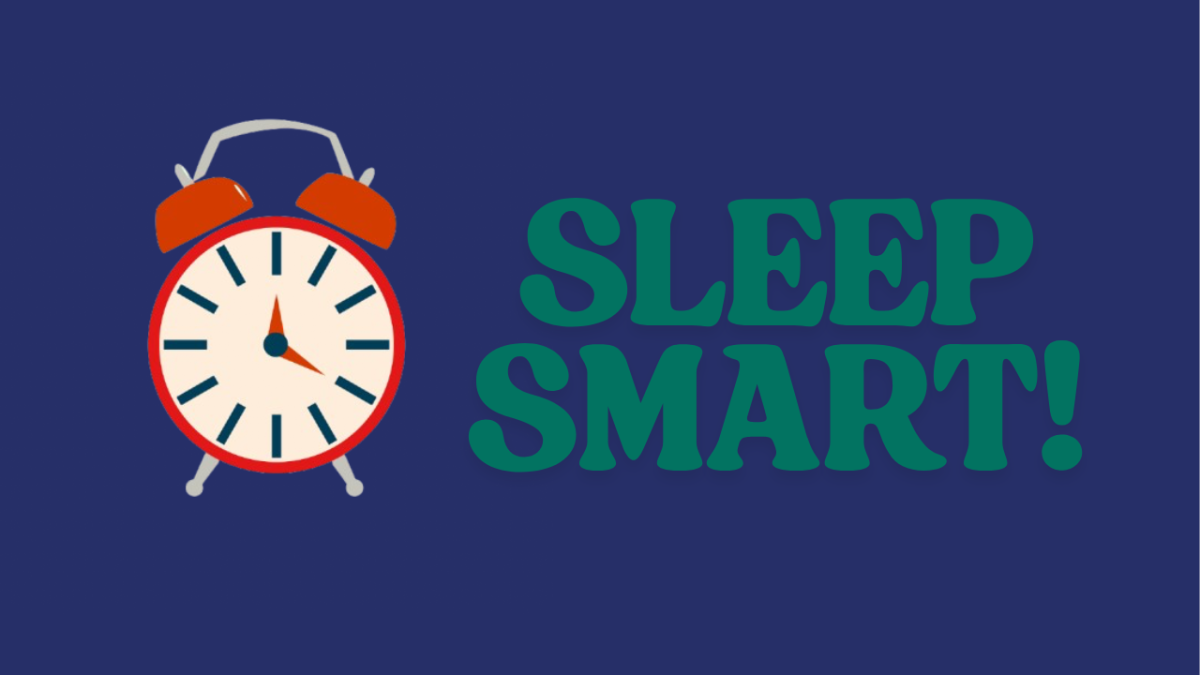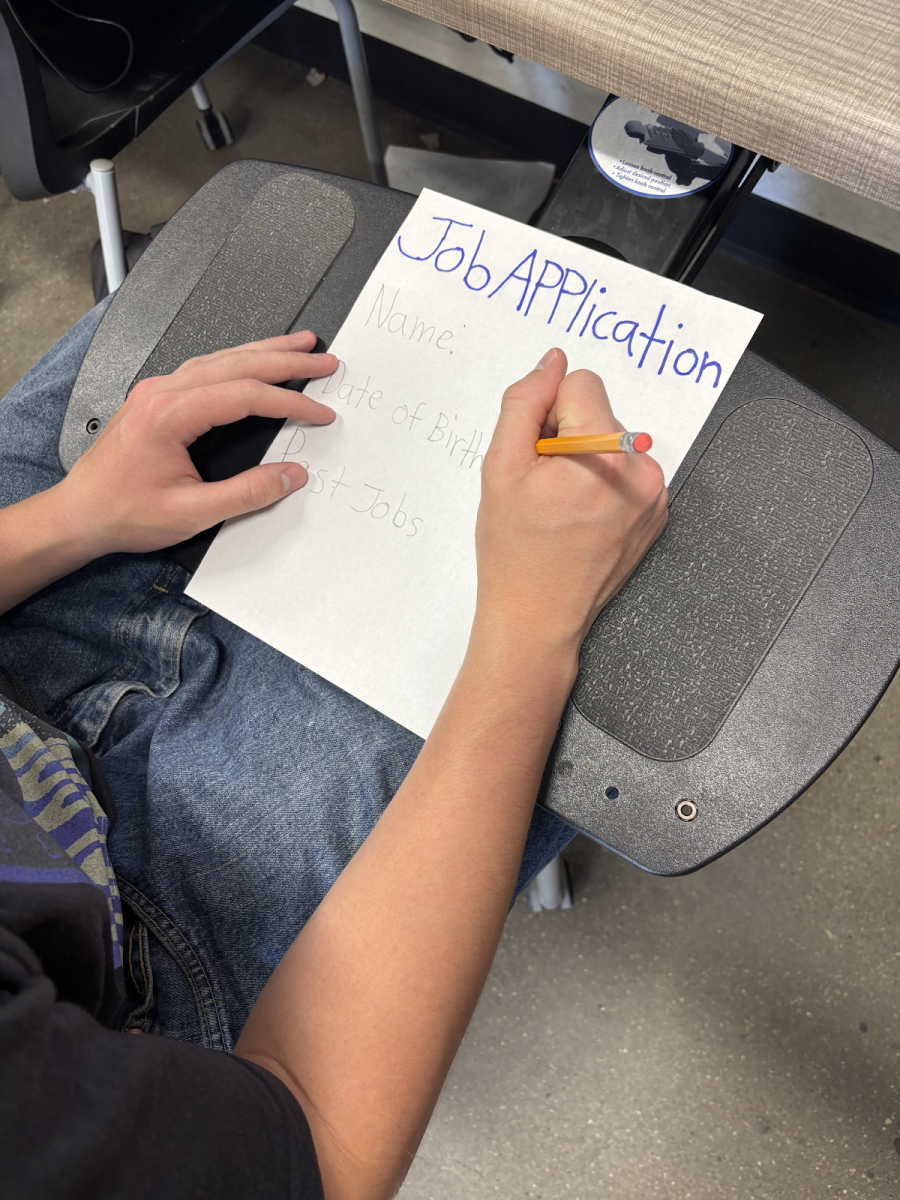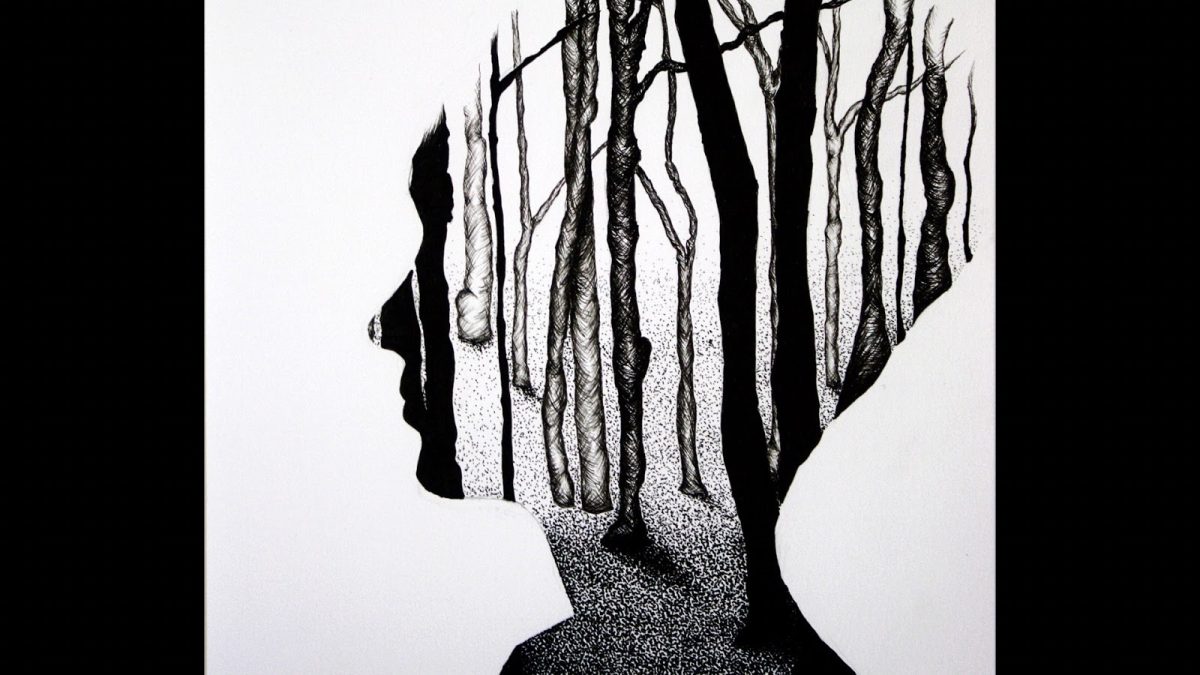COVID-19, a virus that has shaken the world, presents a considerable challenge to both the physical well-being and mental well-being of not only San Luis Obispo High School students, but citizens throughout the United States, and across the globe.
Approximately 45 million American adults have AMI (Any Mental Illness), while approximately 4.4 million American children have diagnosed anxiety. In as chaotic a time as now, stress is already pushed to a tipping point. But when stuck at home and forced to adjust to a new lifestyle, that tipping point can seem menacing as ever—especially for those struggling with their mental health. Hygiene practices emphasized during the pandemic—hand washing and social isolation, among others—unfortunately align with characteristics of a breadth of mental illnesses.
“It can be very easy to slip back into anxious patterns because we can constantly return to self-soothing patterns, like constant hand watching, binge eating, etc.,” said senior Raegan Lunceford.
OCD, or Obsessive Compulsive Disorder, has two primary components: obsessions and compulsions. Obsessions are intrusive and unwanted thoughts and feelings. Compulsions are rituals or routines developed in an attempt to quell obsessions. They give only a moment’s relief, though. Compulsions may include hand washing, tapping, and checking, but routines differ considerably from one person to another.
Routines are oftentimes more than responses to obsessions—someone may believe that these actions will truly prevent their fears from becoming reality. They may feel responsible for the health and safety of others, and that that health and safety is compromised should they skip their routines. COVID-19 is a new disease, and with it comes a level of mystery, so it is no surprise that obsessions and compulsions begin to revolve around it. Hand washing, a routine stigmatized by portrayals of OCD in the media, has become a serious source of unease as health concerns rise.
Generalized Anxiety Disorder, or GAD, is characterized by persistent worrying about a number of subjects. But this worrying is all-consuming, making it nearly impossible for someone to get through the day.
The Coronavirus, as well as the unemployment increase and general effects of the virus on people’s lives, offers a plethora of issues to fixate on. And with seemingly nothing but bad news on TV, it’s even more difficult to retain a healthy amount of worry.
“Constant exposure to the media, whether that be Instagram, Facebook, the news, etc. is another trigger for fear, as most every app and site contains at least something related to the Coronavirus. For those who struggle with OCD and anxiety surrounding germs and illness, this can be a nightmare,” said Lunceford.
Eating disorders, from bulimia to anorexia to disordered eating, may be heightened while under shelter-at-home orders. With mad rushes to stockpile groceries and either full or barren pantries as a result, food is a source of stress during the era of COVID-19. Working from home produces fears of gaining weight and mindless eating. The kitchen becomes a place of misery.
“Going into junior year, I was diagnosed with bulimia and recently I was diagnosed with anorexia…I personally have seen my own anxiety and depression increase, as well as my general body image deteriorate as we social distance and spend more time indoors,” said Lunceford.
With the rise of social distancing and stay-at-home orders, introverts rejoice. However, those dealing with Social Anxiety Disorder, or SAD, are forced back into the social isolation they’ve been trying to overcome.
“Someone with social anxiety disorder will say, ‘I was in the middle of treatment, I was just getting out and meeting people and this is setting me back,’” said psychologist Patrick McGrath to Time Magazine.
As in-person therapies with psychologists and in-person check-ins from family members are discouraged or even prohibited, a multitude of patients—regardless of what illness they’re dealing with—lose their support system. So while the virus itself may not be a specific fear, the disruption it produces in normal life is. Moreover, this disruption will most likely take as serious a toll as the Coronavirus itself.
“We’re not only going to end up with lots of covid cases, we’re going to end up with lots of anxiety disorders out of this as well,” psychologist Shane Owens told The Washington Post.
So the question is: how can we stay positive in these unnerving times? Those with mental disorders are plagued by distressing thoughts. Simply put, it’s difficult to manage.
“Sitting in a constant state of uncertainty can be anxiety-provoking for everyone, even those who do not normally struggle mentally, and the isolation from friends and support systems can be even more troubling,” said Lunceford.
Fear doesn’t discriminate; it affects all people, regardless of demographics and health history. Fear is a pandemic in itself, but one that can be fought with compassion.
“Verbally processing through both my challenges and successes is a great way to relieve the burden of issues that are mentally and emotionally draining, and you don’t need a therapist to do this! Any trusted family members, friends, coaches, or teachers are always willing and able to help,” said Lunceford.
Fear, stress, and grief are valid. These are unprecedented times. But if we as a community, country, and world can be certain of one thing, it’s this: humanity is what we all can provide for one another.
Sources: mhanational.org cdc.gov time.com washingtonpost.com
































